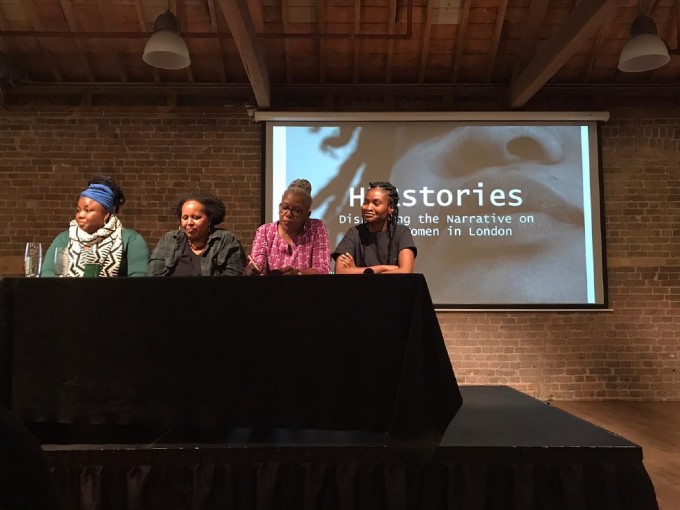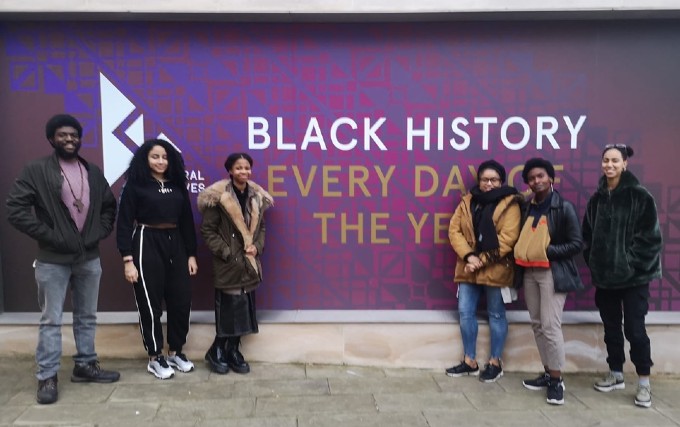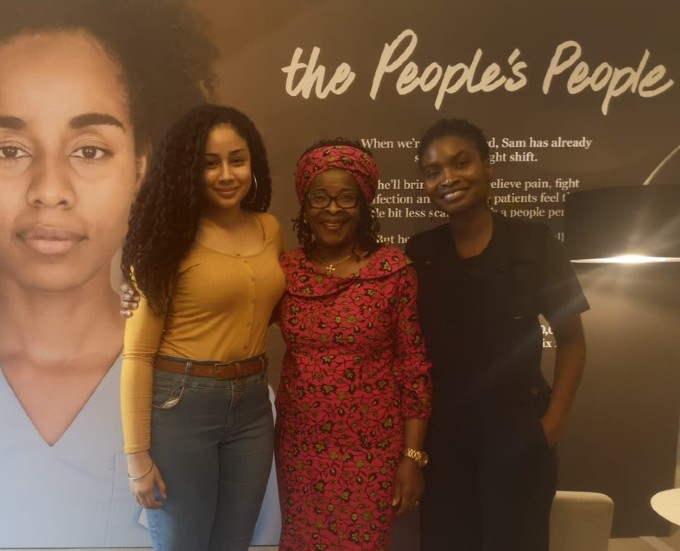In April 2015, the History Matters Conference at the Institute of Historical Research highlighted the alarmingly low numbers of history teachers and students of African and Caribbean heritage in Britain. Statistics at the time showed that history was the third most unpopular subject among black undergraduates, while of all the history teachers starting their training in 2014, only three students were black.
There is and was a need to tackle issues of representation in history as a subject and an occupation. Young Historians Project (YHP) was born. The youth-driven initiative centres historians of African and Caribbean descent in Britain, with 16–25-year-olds working to document pivotal but often overlooked moments in black British history.

I started volunteering for the YHP just before I began working as a graduate trainee in the Royal College of Nursing Library and Heritage Centre. I had an interest in heritage and history, although I hadn’t studied it at A-level or GCSE. To be frank, I did not see myself in the history I studied at school until I found myself volunteering at a project investigating medical heritage in East London. As an East Londoner myself, I was able to relate to the history I was researching. When an individual is recording and retelling history, their own stories form a significant part of this process. Being able to personally engage adds new depths.
The first step in creating new possibilities is representation, which is why recording and sharing the history of people of African and Caribbean descent in the UK is so important. This history is British history. For the discipline to evolve and inspire the next generation, it needs to diversify.

YHP is currently trying to document a representational history of African women in the 20th century. Through our project A Hidden History: African Women and the British Health Service, we have found women of African origin training in nursing as early as the 19th century. When people think about the history of black people in the UK, Windrush often dominates, but there are so many other stories out there – we just need to find them!
My fellow YHP volunteer Debrah and I were able to interview Cecilia Anim CBE, former RCN President at the RCN Library’s Inclusion Café Book Club: a new bi-monthly online event where RCN members can learn more about diversity in nursing and beyond. Our conversation revealed themes that have appeared again and again in oral history interviews with women in our YHP project: initial loneliness coming to a new country, anecdotes of culture clash and discrimination, but, most importantly, an unwavering strength.

Cecilia is known for wearing the bright Kente clothes of her native country Ghana. She told us: “Normally you wouldn’t wear Kente clothes… but I prefer to portray that culture and I loved my Kente cloth and I loved that my colleagues accepted me.” She sends a message that it is important to be yourself, even in your work. At YHP, we enact that message with the history we retell; who we are is in our work and that is what makes it so special.
Kaitlene Koranteng is an Archives and Records Management MA student and Researcher with the Young Historians Project. She was a former Customer Services trainee in the RCN Library and Archive team.








